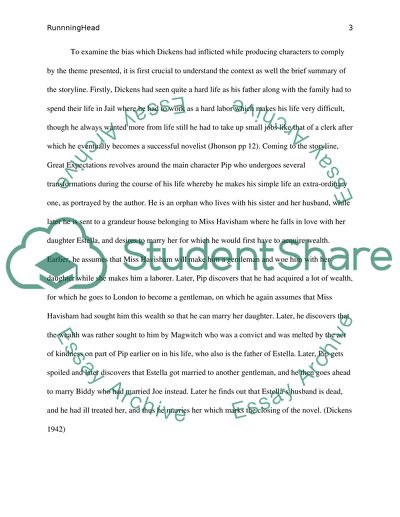Great Expectations by Charles Dickens Essay Example | Topics and Well Written Essays - 1000 words. Retrieved from https://studentshare.org/literature/1455010-great-expectations-by-charles-dickens
Great Expectations by Charles Dickens Essay Example | Topics and Well Written Essays - 1000 Words. https://studentshare.org/literature/1455010-great-expectations-by-charles-dickens.


